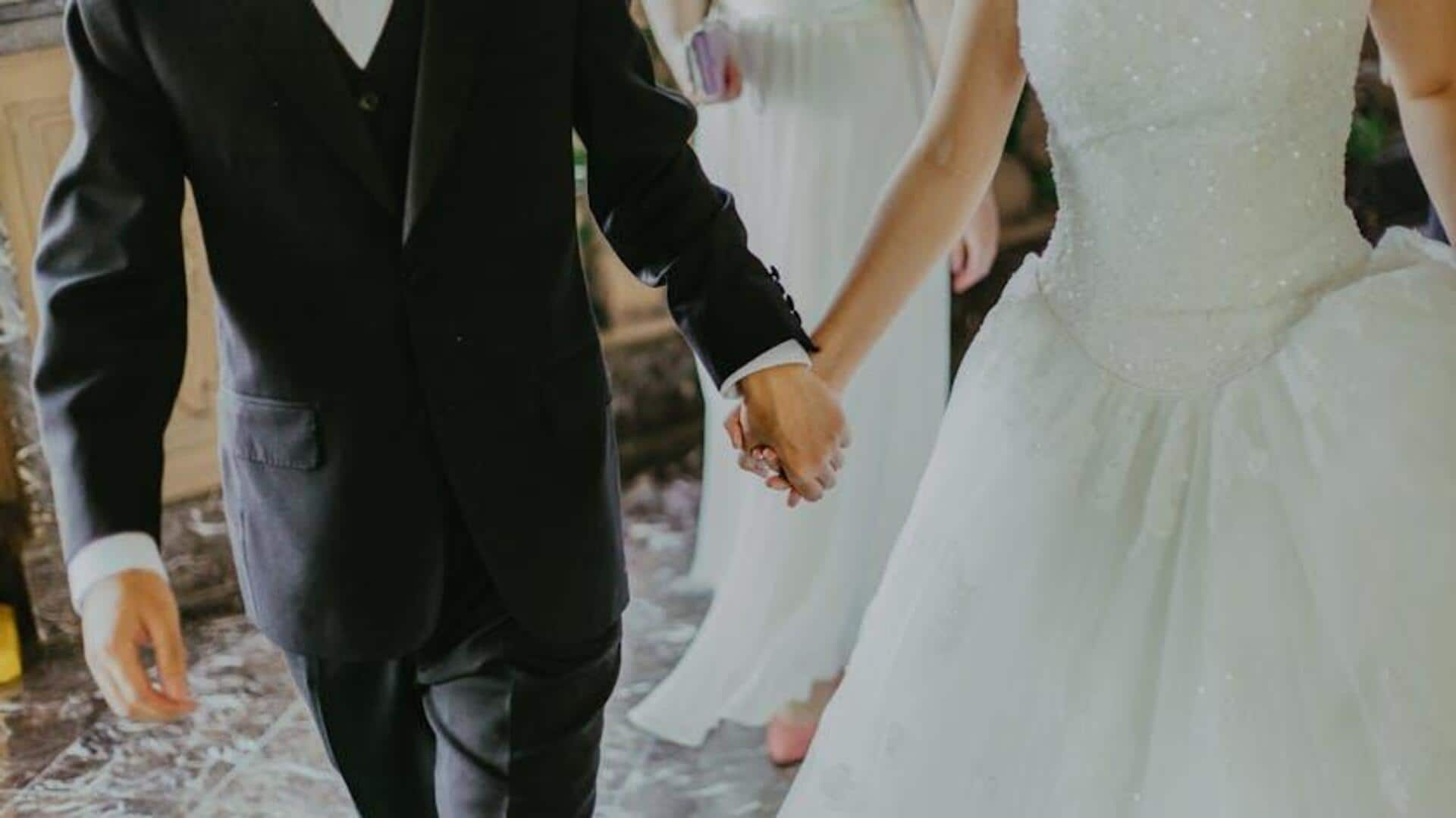
5 unique wedding traditions from Kenya
What's the story
Kenya is a cultural melting pot with over 40 ethnic groups, each having its own unique wedding traditions. These traditions are deeply rooted in the history and beliefs of the communities, making Kenyan weddings all the more vibrant and memorable. From elaborate ceremonies to symbolic rituals, these traditions give you a glimpse into the values and social structures of Kenyan society. Here are five distinctive wedding traditions that showcase the cultural richness of Kenya.
#1
The Maasai beadwork ceremony
If you didn't know, beadwork is an important part of Maasai weddings. The bride's intricate beaded jewelry represents her status and identity in the community. Each color used in the beadwork has a meaning attached to it - red symbolizes bravery, and white stands for purity. This tradition not only displays artistic craftsmanship but also acts as a form of communication among the tribe.
#2
Kikuyu dowry negotiations
Among the Kikuyu people, dowry negotiations are an integral part of wedding preparations. The process involves families discussing to agree on the gifts or payments made by the groom's family to the bride's family. It is viewed as a way to unite two families and respect each other's lineage. The negotiations can be a lengthy affair and involve livestock or monetary gifts, etc.
#3
Swahili henna night
The Swahili community also celebrates henna night before the day of the wedding where intricate henna designs are applied on the bride's hands and feet. The event is filled with music, dance, and laughter as female relatives come together to get ready for the upcoming nuptials. Henna is said to bring good luck and protect against evil spirits, making it an important pre-wedding ritual.
#4
Luo bride price ceremony
In Luo culture, the bride price ceremony is an essential one, where the groom's family presents gifts such as cattle or money to the bride's family. This tradition, which is overseen by elders, signifies an appreciation and respect, ensuring fairness. It's a widely accepted practice, reflecting societal norms and uniting families through marriage.